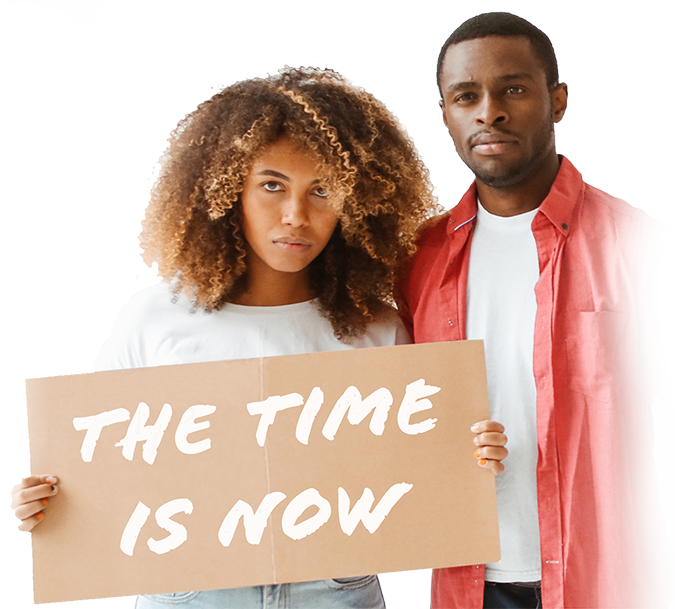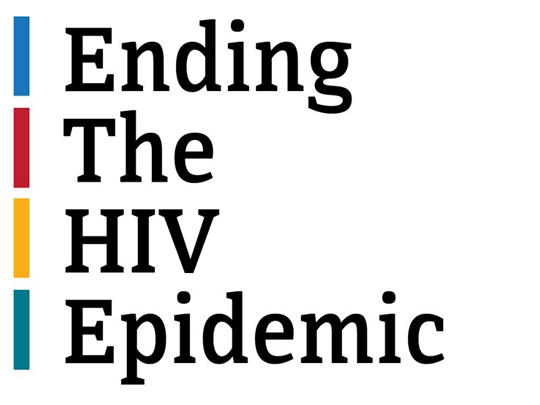Surrounded By Stigma
Despite the significant strides that have been made in understanding human immunodeficiency virus (HIV), some communities are still challenged by rising rates of HIV infections. These communities face the double burden of dealing with the physical and emotional challenges of living with HIV, along with the stigma and discrimination that continue to persist. Persistent stigma isolates individuals living with HIV and hinders access to essential resources such as HIV tests and healthcare services. In the fight against HIV, addressing the stigma is crucial.
The power of open communication
In managing the spread of HIV, open communication plays a pivotal role. As individuals learn personal HIV status, the fear and ignorance surrounding the disease are reduced. Through discussions, sharing personal stories, and providing accurate information, myths, misconceptions, and stereotypes associated with HIV can be debunked. Building a culture of open communication is vital to destigmatizing HIV and creating a more inclusive society.
Promoting a positive narrative
Personal stories are powerful tools for promoting a positive narrative about living with HIV. By sharing personal experiences, both the challenges and triumphs, individuals living with HIV can humanize the disease and challenge the stereotypes and misconceptions. Individual stories help people understand that HIV does not define a person’s worth or character and that individuals living with HIV can lead fulfilling lives. By sharing personal testimonies, individuals living with HIV can inspire empathy, compassion, and acceptance in the community and contribute towards silencing HIV stigma.
Creating safe and supportive spaces
Even people who are not directly affected by HIV can contribute to combating stigma by creating safe and supportive spaces. This can be achieved through HIV education, challenging discriminatory language or behaviors, and promoting inclusivity. Such spaces can start in schools, homes, and other areas where youth congregate, like sports teams. Encouraging open conversations and providing a judgment-free environment where individuals can express thoughts, concerns, and experiences related to HIV can help create a sense of belonging and reduce the isolation often felt by those living with HIV.
You have a role to play
Every individual has a vital role to play in breaking down the stigma associated with HIV. Allies and advocates can use influence to amplify the voices of people affected by HIV. Start by challenging discriminatory practices and policies and advocating for equal rights and access to healthcare for all. On the other hand, people living with HIV can play a powerful role by being visible and open about HIV status, sharing stories, and educating the community. Working together, HIV can be destigmatized, and people living with HIV can be accepted as valued members of society.

Have You Seen Our Outreach Efforts?
You may have seen our table ads in the community. You can download them here:





